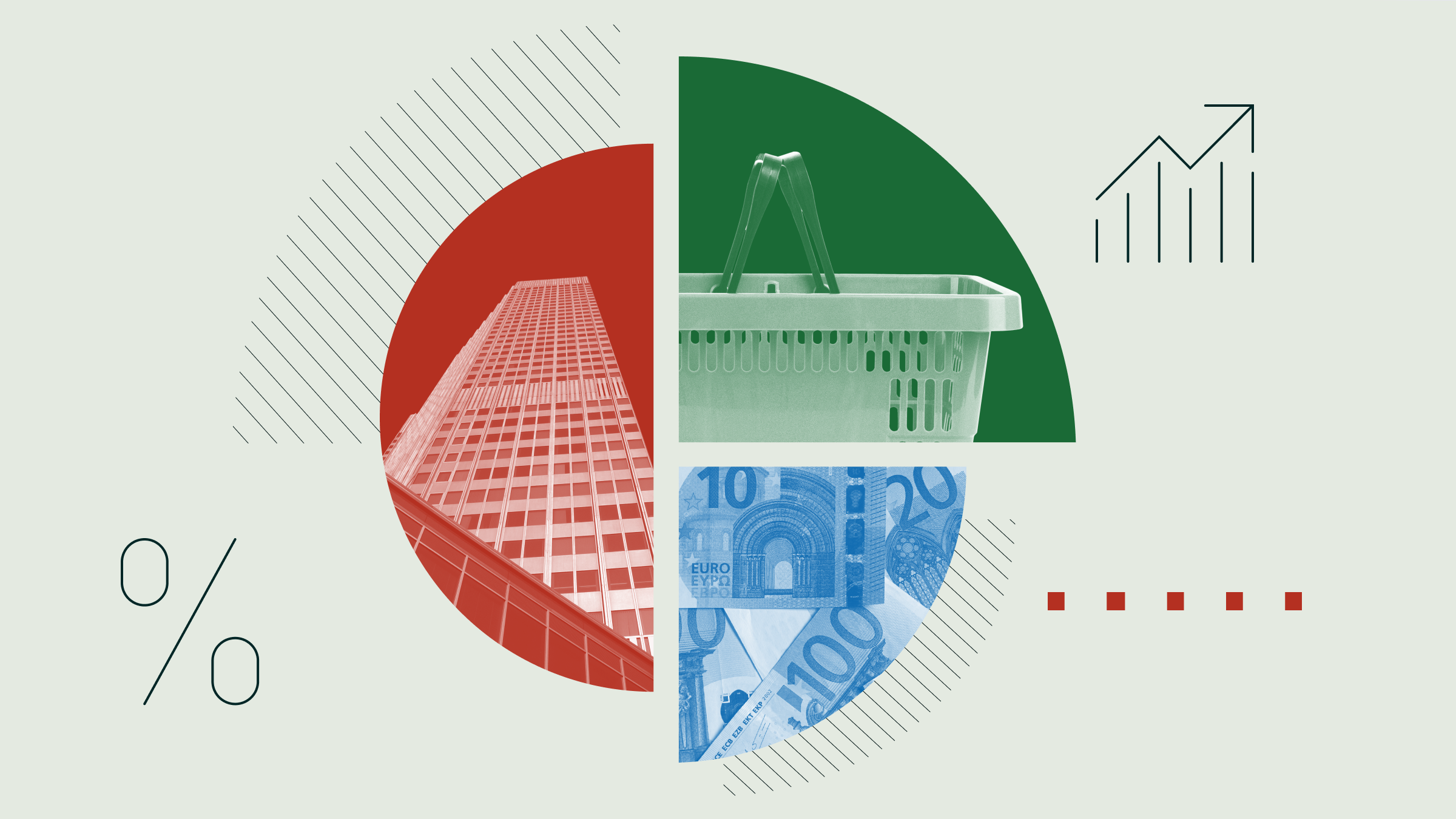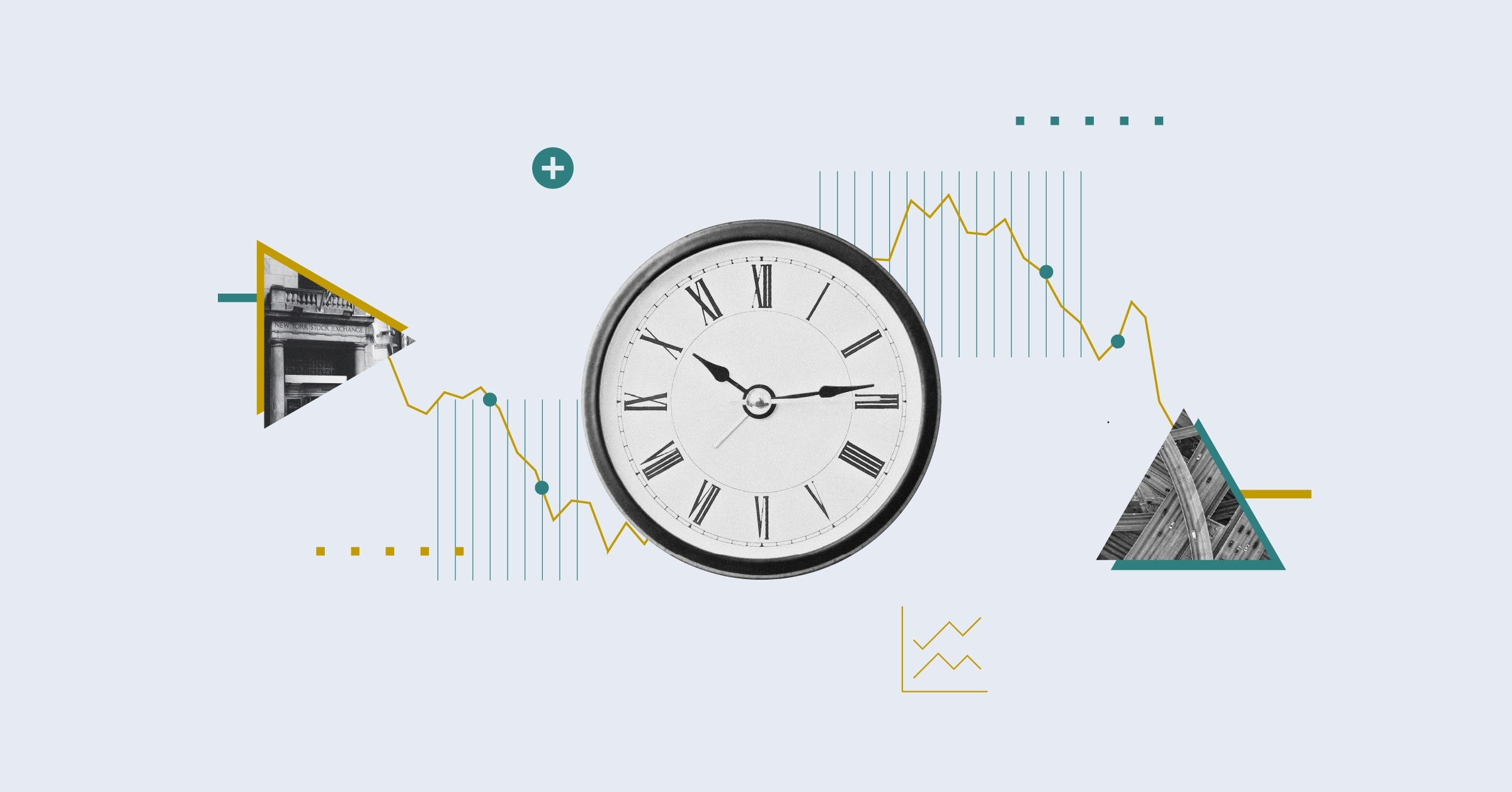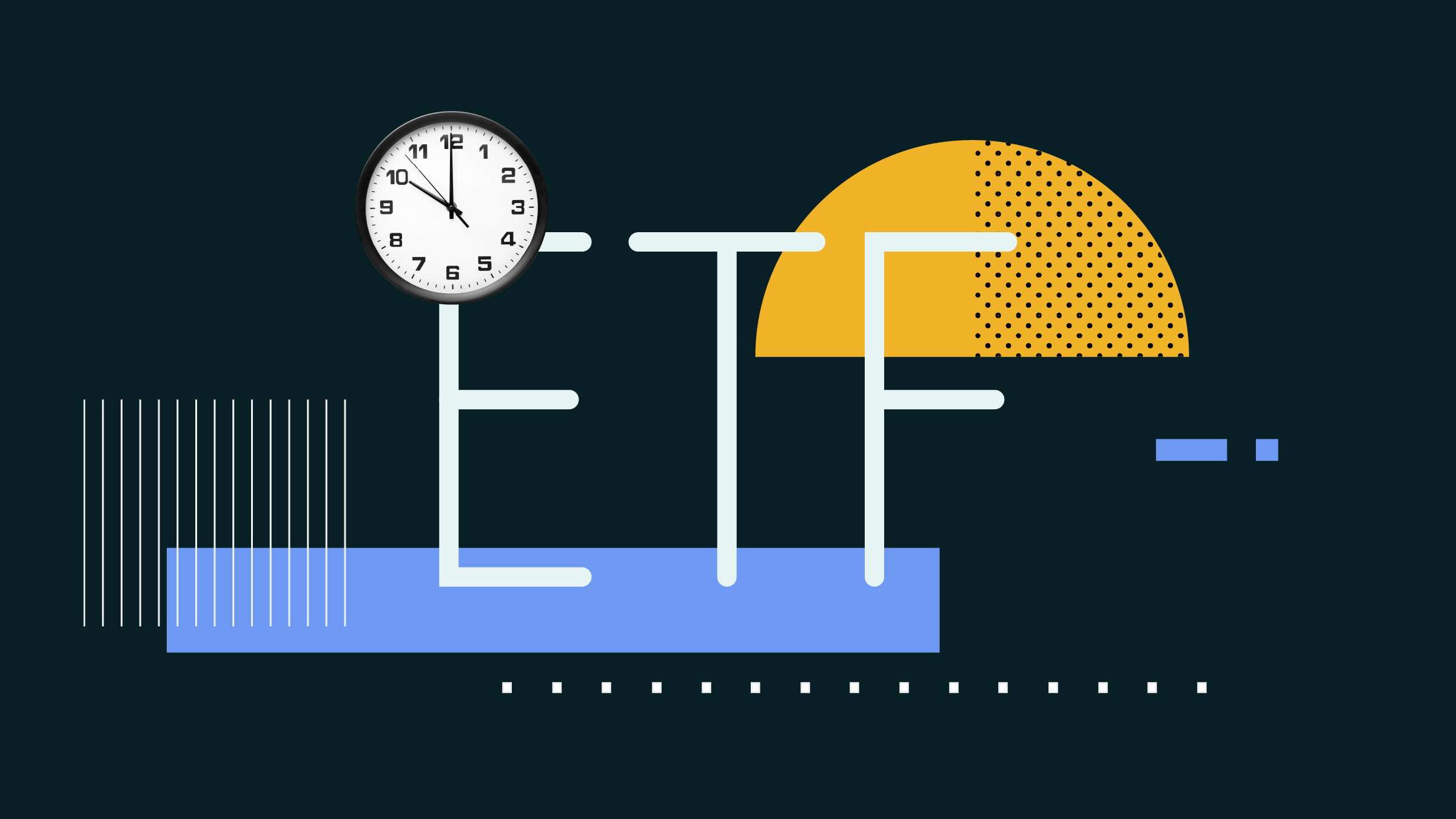Rolle im Portfolio
The Lyxor ETF DJ Turkey Titans 20 provides equity exposure to Turkey, the largest economy in emerging Europe. As is the case with all ETFs offering single country emerging market equity exposure, the Lyxor ETF is best deployed as tactical tool within a well diversified portfolio. The ETF can also be deployed as a core holding complementing exposure to emerging markets in Asia and Latin America. The index’s low to moderate correlations with international stock markets indicate that this fund could provide diversification benefits when added to an existing equity allocation. Over the last three years, The DJ Turkey Titans 20 Index correlated 55% with the MSCI EM Asia Index and 49% with the MSCI World Index.
The ETF is also suitable for investors with a bullish view on the Turkish stock market. However investors should be aware that the DJ Turkey Titans Index is not the best proxy for the Turkish economy. The index is heavily biased towards financials (52%), whereas the sector represents less then 5% of GDP.
Before considering an investment, investors should review their portfolio for existing exposure to the Turkish stock market through other holdings to avoid unintentionally over weighting this region. For instance, Turkish equities represent around 10% of the MSCI EM EMEA Index.
Fundamentale Analyse
Structural reforms implemented during the last decade–a requisite of the stand-by agreement signed with the IMF in the early 2000s–set Turkey on a solid economic policy path, allowing it to rebound strongly from the global financial crisis.
However, Turkey now finds itself at a crossroads, with a bribery and corruption investigation testing the government of Prime Minister Recep Tayyip Erdogan. The scandal questions the independence of the country’s police and the judiciary. Many domestic and international companies have put all important commercial and investment decisions on hold, thereby threatening the economic expansion.
On top of the political problems, the economic outlook has also turned gloomier. Inflation hovers above 7% and the Turkish Lira has depreciated 17% and 21% versus the US-Dollar and the Euro in 2013. It is estimated that corporations had to write-off $35bn in foreign-exchange losses as a result. In addition, the current account deficit reached 7% of GDP, while private savings, foreign investments and exports are shrinking. The impressive growth rates of 9% in 2010 and 2011 were mainly driven by debt-fuelled private consumption and property investments through highly leveraged construction firms. This was not a sustainable growth path. Foreign-denominated corporate debt has doubled to $170bn since 2009, representing 20% of the country’s GDP.
The European Bank of Reconstruction and Development (EBRD) cut its growth forecast for Turkey, citing the political crisis and the tighter US monetary policy as reasons. The EBRD lowered its GDP forecast for 2014 from 3.6% to 3.3% vs. an expected 3.7% in 2013. The government expects GDP to grow by 4% in 2014, while most analysts pencil in just half of that at 2%.
Despite a depreciating lira, a ballooning current account deficit, and high inflation (e.g. 7.4% in December) the Turkish Central Bank refused to hike interest rates for most part of last year. At its January meeting, it left rates unchanged at 7.75%, though it said it would allow money market interest rates to increase to 9% on exceptional days. This has been seen as a rate hike through the back door. However, the majority view is that the rate remains too low and should be around 11%.
An additional problem has arisen by the fact that the Central Bank was a keen user of a technique known as reserve-option mechanism, which allows it to keep part of their reserve requirements in foreign currency. When foreign money flowed into the market, this helped to relieve upwards pressure on the Lira. However, this strategy is not well suited for the current environment. In fact, the bank has been selling a minimum of $100 million a day since last summer, and has renewed this commitment until at least the end of January.
Indexkonstruktion
The Dow Jones Turkey Titans 20 Index provides equity exposure to the 20 largest and most liquid stocks in Turkey. The index’s prospective constituents include all stocks traded on the Istanbul Stock Exchange whereby every share that has not been traded for 10 days during the previous quarter will be excluded. The Dow Jones Turkey Titans 20 Index is a float-adjusted market capitalisation index, capping each constituent’s weight at 10%. The index is reviewed on an annual basis whereas the index component weights are rebalanced quarterly. Each month, the index provider populates a list of the 20 current component stocks and the 20 largest non-component stocks. This list suggests possible additions or deletions for the next review. As of writing, the index is biased towards the financial sector (52% of the index’s value), followed by consumer goods (12%) and industrials (12%). In addition, the index is heavily top weighted as the top 5 holdings represent about 50% of its value.
Fondskonstruktion
The Lyxor ETF DJ Turkey Titans uses the synthetic replication to track the DJ Turkey Titans 20 index. To achieve this performance, the fund holds a basket of blue chip shares and enters an un-funded swap agreement with parent bank Societe Generale. The bank then gives away the performance of the DAX (net of fees) in exchange for the performance of the fund’s holdings. According to UCITS III regulations, individual counterparty risk exposure is limited to 10% of the fund’s NAV at any point in time. However, Lyxor has a daily target of zero swap exposure. Swaps are reset whenever their value becomes positive. They may sometimes have a negative value (between -2% and 0%), which would mean in this case that the fund owes the counterparty money. The fund’s holdings consist of highly liquid equities from OECD countries, the large majority of which are European. Lyxor does not engage in securities lending within the fund, which helps to minimise overall counterparty risk.
Gebühren
The fund levies a total expense ratio of 0.65%, which is in the upper of the range for ETFs tracking Turkish equities. Other potential costs associated with holding this fund which are not included in the TER include swap fees, bid-ask spreads and brokerage fees.
Alternativen
As of writing, there are six other ETFs providing equity exposure to Turkey. The largest in terms of total assets under management is the iShares MSCI Turkey (IE) ETF. The ETF from iShares uses full replication and offers very similar market exposure in terms of sector breakdown and number of holdings. The iShares fund levies a total expense ratio of 0.74%.
Investors preferring a more diversified approach to investing in the EMEA region might consider the db x-trackers MSCI EM EMEA ETF. This ETF uses synthetic replication to track an index that is biased towards South Africa (41%), followed by Russia (34%) and Poland (9%). On a sector level, the MSCI EM EMEA Index is biased towards financials (30%) and energy (26%).
Die in diesem Artikel enthaltenen Informationen dienen ausschließlich zu Bildungs- und Informationszwecken. Sie sind weder als Aufforderung noch als Anreiz zum Kauf oder Verkauf eines Wertpapiers oder Finanzinstruments zu verstehen. Die in diesem Artikel enthaltenen Informationen sollten nicht als alleinige Quelle für Anlageentscheidungen verwendet werden.

















